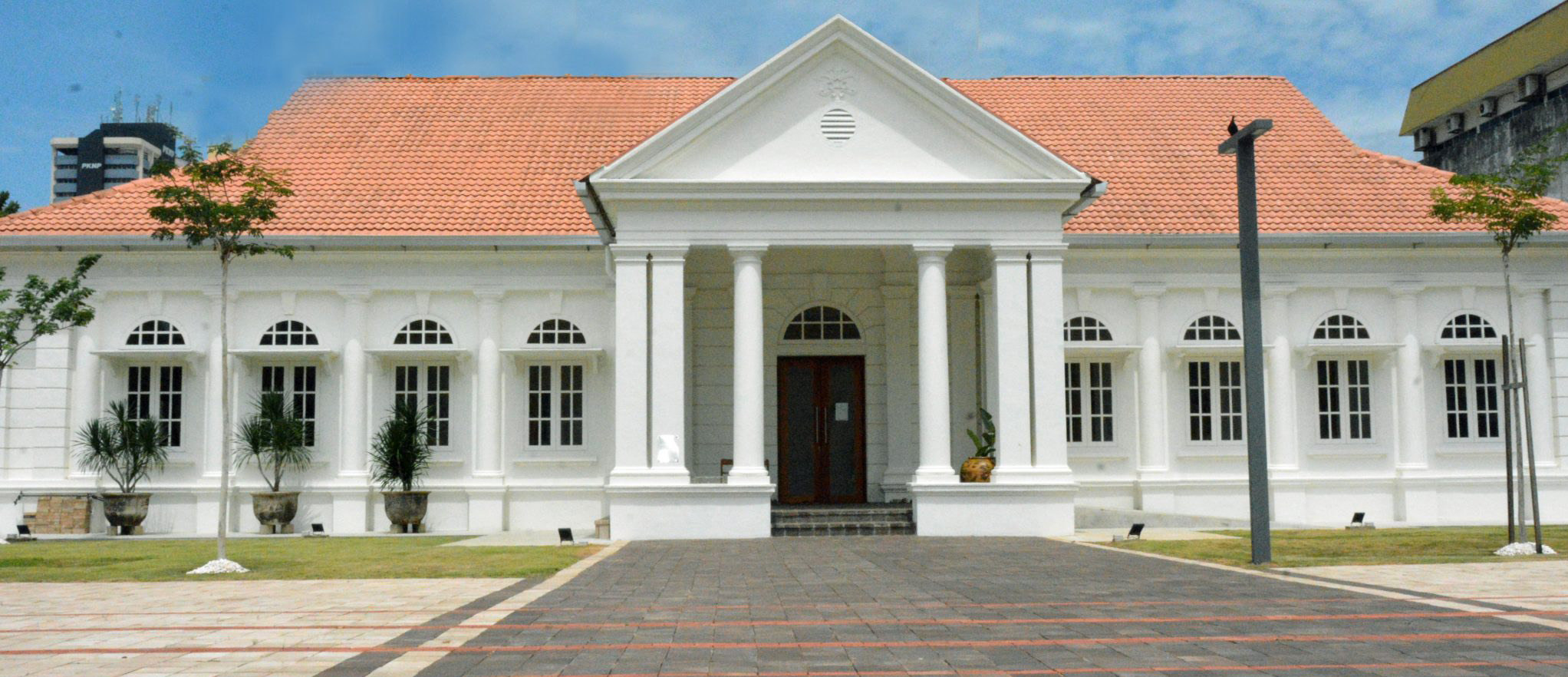Arabian Satire; (Record no. 3321)
[ view plain ]
| 000 -LEADER | |
|---|---|
| fixed length control field | 01798nam a22001937a 4500 |
| 003 - CONTROL NUMBER IDENTIFIER | |
| control field | PMNP |
| 005 - DATE AND TIME OF LATEST TRANSACTION | |
| control field | 20250606113329.0 |
| 008 - FIXED-LENGTH DATA ELEMENTS--GENERAL INFORMATION | |
| fixed length control field | 250606b |||||||| |||| 00| 0 eng d |
| 020 ## - INTERNATIONAL STANDARD BOOK NUMBER | |
| International Standard Book Number | 9781479878062 |
| 040 ## - CATALOGING SOURCE | |
| Original cataloging agency | PMNP |
| Language of cataloging | eng |
| Transcribing agency | Kutubkhanah Diraja |
| 082 ## - DEWEY DECIMAL CLASSIFICATION NUMBER | |
| Classification number | 892.714 |
| 245 ## - TITLE STATEMENT | |
| Title | Arabian Satire; |
| Remainder of title | Poetry from 18th-Century Najd / |
| Statement of responsibility, etc. | Ḥmēdān al-Shwēʿir, Edited and Translated Marcel Kurpershoek, Review by Saad Sowayan |
| 260 ## - PUBLICATION, DISTRIBUTION, ETC. | |
| Place of publication, distribution, etc. | New York |
| Name of publisher, distributor, etc. | NYU Press |
| Date of publication, distribution, etc. | 2017 |
| 300 ## - PHYSICAL DESCRIPTION | |
| Extent | 204p |
| 520 ## - SUMMARY, ETC. | |
| Summary, etc. | A master of satire known for his ribald humor, self-deprecation, and invective verse (hija'), Hmedan was acerbic in his criticisms of society and its morals, voiced in in a poetic idiom that is widely referred to as “Nabati,” here a mix of Najdi vernacular and archaic vocabulary and images dating back to the origins of Arabic poetry. In Arabian Satire, Hmedan is mostly concerned with worldly matters, and addresses these in different guises: as the patriarch at the helm of the family boat and its unruly crew; as a picaresque anti-hero who revels in taking potshots at the established order, its hypocrisy, and its moral failings; as a peasant who labors over his palm trees, often to no avail and with no guarantee of success; and as a poet recording in verse how he thinks things ought to be.<br/><br/>The poems in Arabian Satire reveal a plucky, headstrong, yet intensely socially committed figure―representative of the traditional Najdi ethos―who infuses his verse with proverbs, maxims, and words of wisdom expressed plainly and conversationally. Hmedan is accordingly quoted by historians of the Gulf region and in anthologies of popular sayings. This is the first full translation of this remarkable poet. |
| 650 #0 - SUBJECT ADDED ENTRY--TOPICAL TERM | |
| 9 (RLIN) | 580 |
| Topical term or geographic name entry element | Arabic literature |
| 942 ## - ADDED ENTRY ELEMENTS (KOHA) | |
| Source of classification or shelving scheme | |
| Koha item type | Books |
| Suppress in OPAC | No |
| Withdrawn status | Lost status | Source of classification or shelving scheme | Damaged status | Not for loan | Home library | Current library | Shelving location | Date acquired | Total Checkouts | Full call number | Barcode | Date last seen | Price effective from | Koha item type |
|---|---|---|---|---|---|---|---|---|---|---|---|---|---|---|
| Perbadanan Muzium Negeri Pahang | Annexe Office | Annexe | 06/06/2025 | 892.714 | 2025-0146 | 06/06/2025 | 06/06/2025 | Books |
